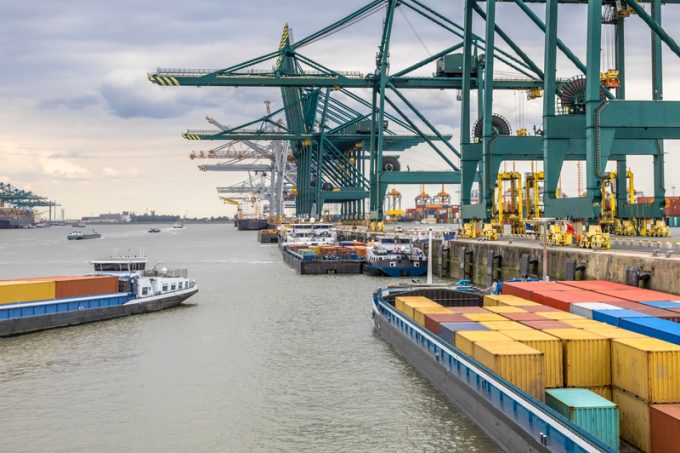Volumes set to 'fall off a cliff' as US firms hit the brakes on sourcing and bookings
Cargo owners should brace for a “cliff event” similar to the turmoil in the early ...

Increasing barge and rail activity has become a central pillar of the growth trajectory at the port of Antwerp-Bruges, following the 2022 merger of the ports of Antwerp and Zeebrugge.
For the Belgian gateway, barge and rail flows are no novelty – ...

Comment on this article